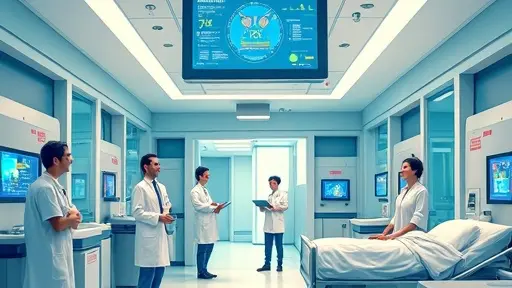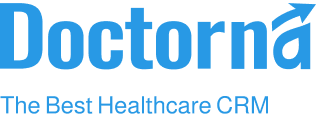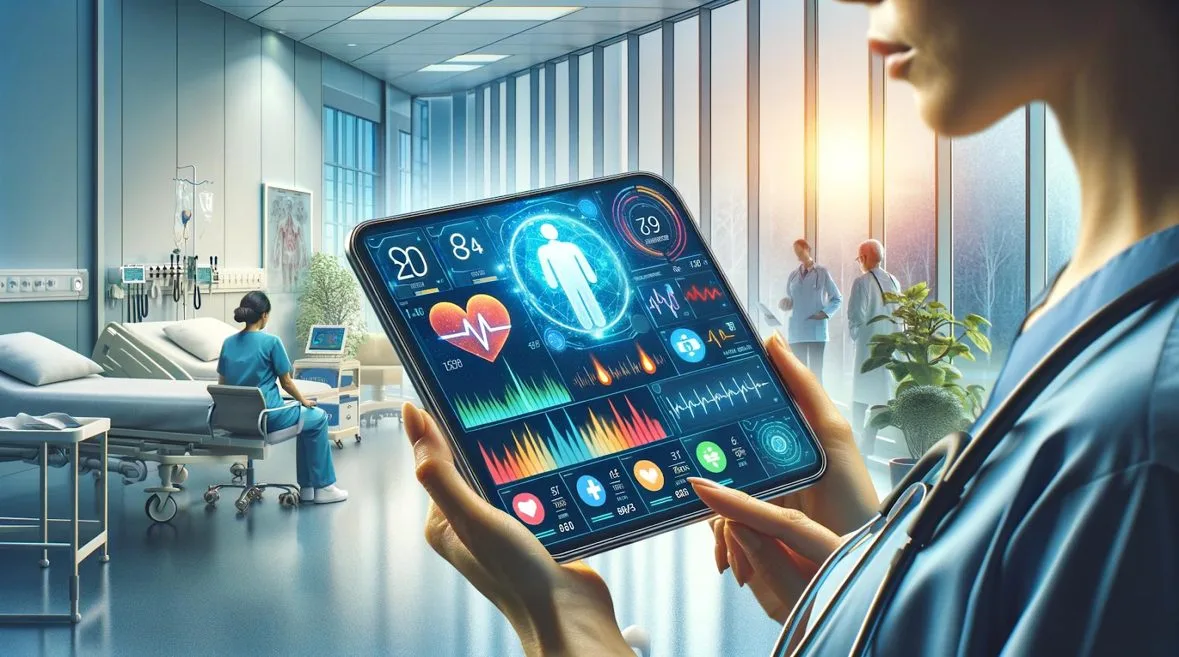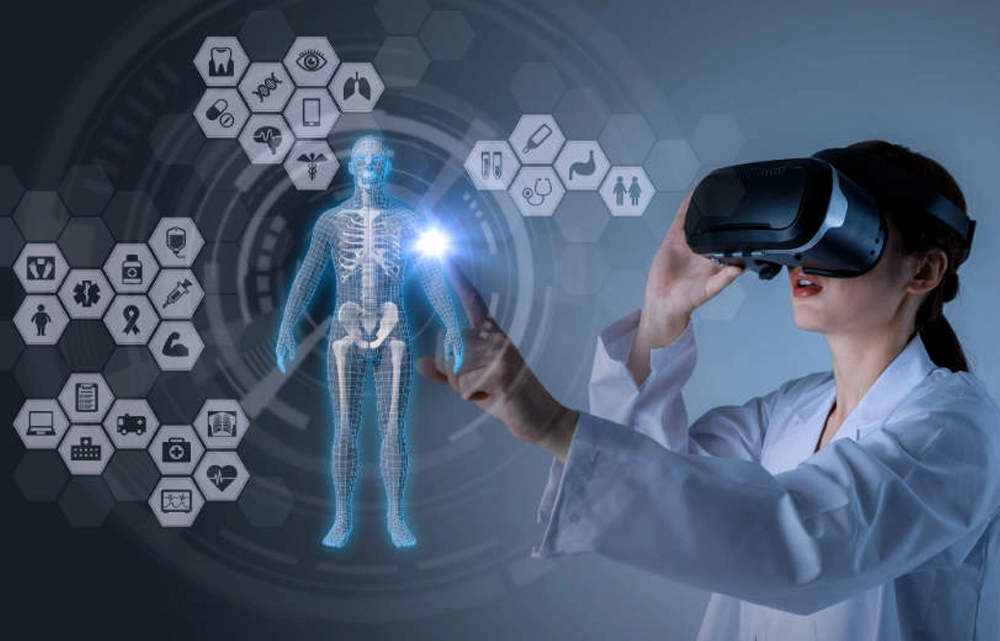In the modern healthcare landscape, data-driven decision-making is no longer a luxury—it’s a necessity. As patient volumes grow and care models evolve, healthcare providers need tools that help them manage patient relationships, analyze complex data, and make informed clinical decisions. One such transformative tool is the Healthcare Customer Relationship Management (CRM) system. Traditionally used in business for customer management, CRM technology is now being tailored to healthcare to enhance not only patient engagement but also clinical decision support (CDS).
Understanding Healthcare CRM Systems
A Healthcare CRM system is a specialized software solution designed to manage patient interactions, streamline administrative workflows, and centralize patient data. It collects information from multiple sources—such as electronic health records (EHRs), appointment scheduling systems, patient feedback, and wearable health devices—to create a unified view of each patient’s journey.
Unlike conventional CRMs that focus purely on marketing and customer service, healthcare CRMs integrate clinical, operational, and engagement data, enabling healthcare professionals to better understand patient needs and deliver more personalized care.
What Is Clinical Decision Support (CDS)?
Clinical Decision Support refers to the use of data, analytics, and intelligent algorithms to help healthcare providers make accurate, timely, and evidence-based medical decisions. CDS tools can assist with diagnosis, treatment recommendations, risk assessments, and alert systems for potential issues like drug interactions or abnormal lab results.
When integrated with CRM systems, CDS becomes even more powerful—because it adds the human and behavioral aspects of patient data into clinical analysis, resulting in a more comprehensive view of patient health.
How Healthcare CRMs Enhance Clinical Decision Support
1. Unified Patient Data for Holistic Insights
A major challenge in clinical decision-making is data fragmentation. Patient information often resides in separate systems—EHRs, laboratory software, pharmacy databases, and billing platforms. Healthcare CRMs bridge these silos by aggregating all data points into one centralized system.
This integration allows clinicians to access a complete patient history—including previous treatments, medications, lifestyle habits, and communication records—before making care decisions. The result is a more holistic understanding of the patient, reducing diagnostic errors and improving treatment accuracy.
2. Predictive Analytics for Better Outcomes
Modern healthcare CRMs are equipped with AI and predictive analytics capabilities. By analyzing large datasets, these systems can identify patterns and predict health risks before they escalate.
For example, a CRM can analyze data from diabetic patients to predict who is at risk of complications, allowing clinicians to intervene proactively. This predictive approach supports preventive care, which not only improves patient outcomes but also reduces hospital readmissions and healthcare costs.
3. Personalized Treatment Recommendations
Every patient is unique, and one-size-fits-all treatment plans often fall short. Healthcare CRMs with integrated CDS systems can analyze demographic data, medical history, genetic information, and social determinants of health to recommend personalized treatment pathways.
This personalization helps physicians tailor medications, therapy schedules, and lifestyle advice, ensuring that each decision aligns with the patient’s specific needs and preferences.
4. Real-Time Alerts and Reminders
Time-sensitive information is critical in clinical environments. Healthcare CRMs can generate real-time alerts for potential drug interactions, abnormal test results, or missed follow-ups.
For example, if a patient’s lab report indicates a concerning trend, the system can automatically notify the physician to take immediate action. Similarly, reminders for upcoming vaccinations or screenings can be sent directly to patients, improving compliance and preventive care management.
5. Improved Collaboration Among Care Teams
Clinical decision-making often involves multiple professionals—physicians, nurses, lab technicians, and specialists. A Healthcare CRM serves as a collaborative platform, ensuring all stakeholders have access to updated patient data.
When every team member operates with the same real-time information, communication improves, duplication of tests reduces, and care coordination becomes seamless. This collaborative ecosystem ultimately leads to faster and more accurate clinical decisions.
6. Integration with AI and Machine Learning Tools
AI-powered healthcare CRMs can further strengthen CDS capabilities. Machine learning algorithms can analyze historical and real-time data to identify subtle correlations that human clinicians might overlook.
For instance, AI models integrated within CRMs can help predict patient deterioration in intensive care units or identify early signs of chronic diseases. These insights support data-backed decisions that enhance clinical accuracy and efficiency.
Benefits for Healthcare Organizations
Integrating CRM systems with clinical decision support doesn’t just benefit clinicians—it also transforms the entire healthcare organization.
- Enhanced Efficiency: Automated data collection and reporting reduce administrative burdens.
- Higher Patient Satisfaction: Personalized care and proactive communication improve patient trust and loyalty.
- Reduced Operational Costs: Predictive insights help in resource allocation and reducing unnecessary procedures.
- Regulatory Compliance: Centralized documentation ensures compliance with healthcare standards and data protection regulations such as HIPAA.
Together, these benefits lead to better health outcomes and a stronger competitive position for healthcare providers in a data-driven world.

Challenges and Considerations
While the benefits are significant, implementing a healthcare CRM with CDS functionality requires careful planning. Data integration across systems can be complex, and maintaining data privacy is paramount. Additionally, healthcare professionals must be properly trained to interpret and act on CRM-generated insights responsibly.
Organizations should choose CRM solutions that comply with healthcare regulations, provide strong encryption, and offer easy interoperability with existing hospital systems.
The Future of Healthcare Decision-Making
As the healthcare industry embraces digital transformation, CRM systems will play an even greater role in clinical decision support. With advancements in AI, big data, and IoT devices, future CRMs will be able to offer real-time, predictive, and context-aware insights directly at the point of care.
This convergence of technology and clinical intelligence will empower healthcare professionals to deliver more precise, efficient, and compassionate care.
Final Thoughts
Healthcare CRM systems are revolutionizing the way clinical decisions are made. By combining patient relationship management with intelligent data analytics, they enable a more proactive, personalized, and informed approach to healthcare.
For organizations committed to improving both patient engagement and clinical excellence, integrating CRM systems with clinical decision support is no longer optional—it’s essential for the future of modern medicine.







